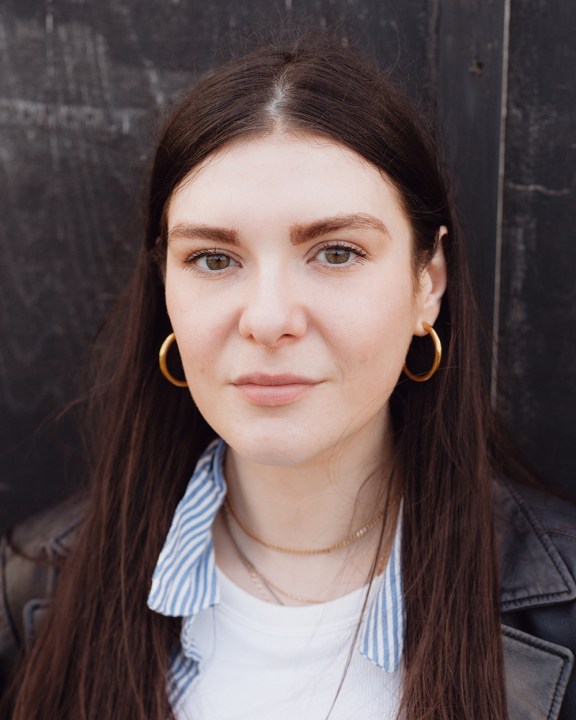
A horror story in three words: London property market. That’s the starting point for Roisin Lanigan’s brilliantly creepy debut novel, set in the sheer hell of being a young renter. Because once you’ve run the gamut of carbon monoxide-leaking boilers, coked-up estate agents, absentee landlords and frosty housemates (and been gouged in rental costs for the privilege), maybe a haunting isn’t a deal-breaker.
The main character, Aine, is adrift in her twenties with a vaguely online job and a prescription for unspecified mental health issues. She’s also pathologically passive: she ends up in London because Laura, her best friend from university, asks to flatshare and Aine can’t think of anything else to do. ‘So why not London? Nothingness might be there, too, maybe, but nothingness in a different environment, which was somethingness, she guessed.’
So when Laura decides to move in with her boyfriend, Aine inevitably drifts into cohabiting with her own, a young man called Elliott who harbours dreams of writing ‘Fleabag, but for boys’. (I have a feeling Lanigan may have met several real-life young men about town with exactly this dream. I know I have.) But despite Elliott’s clichéd ambitions, Aine considers him to be ‘usually right’ about things. The implication is that Aine cannot trust her own judgment at all. Which explains why she accedes to moving into the first available flat, despite the pervading sense of unease it gives her – a wrongness that only heightens once she’s actually living there. This is Shirley Jackson’s Hill House with better public transport links and access to a Sainsbury’s Local.
The flat ‘seems to repel any attempts at order in an almost malevolent way’. Upstairs, there’s a strange (but also strangely familiar) couple who seem to hate her. And then there’s the cellar, which spills an unstoppable tide of mould into the kitchen and threatens to consume Aine’s life in black horror. The nightmare is compounded by the fact that practical, wholesome Elliott is entirely dismissive of her fears.
Whether the reader believes Aine or not is the tingling pleasure of the novel. Do you follow her into her depths of urban gothic or do you rationalise her visions as an unconscious desire to have some control over her life – even if only by going mad? Like all the best ghost stories, I Want to Go Home But I’m Already There leaves you stranded between the supernatural and the natural, deliciously disturbed.








Comments